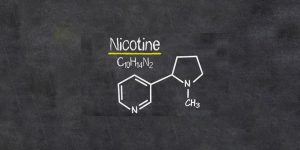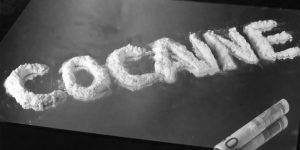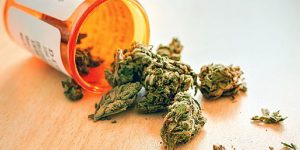Though more research is needed, a study has found that CBD use reduced cravings in people with a history of heroin abuse. This shows great potential as CBD is not an opioid and thus does not cause further drug addiction.
Further studies also indicate that CBD may aid in not just alleviating symptoms of addiction but also in aiding the role of healing the body.
Almost everyone has been affected by opioid addiction. The effects of this addiction have left families destroyed, communities decimated, and larger society fundamentally altered. While there are treatment options that work and are FDA approved, there is an issue in ensuring and encouraging access to these potential solutions.
One possible alternative or supplement is CBD. Using CBD for drug abuse is becoming more common, as recent studies assure its efficacy as a treatment for opioid addiction and abuse.
While more studies need to be done to ensure that CBD is an effective tool in the battle against addiction, a recent study demonstrates the promise of this cannabis-derived compound. In this study, 42 people who were not active heroin users but had a history of heroin abuse were given either CBD or a placebo. After receiving the potential treatment, they were shown a video that contained neutral images (such as nature scenes) or drug-related images (such as syringes or intravenous drug use).
During these sessions, researchers measured the subjects’ anxiety, heart rate, and cortisol levels. The results indicated a positive finding: CBD use reduces cravings. This effect lasted up to seven days after the last dose of CBD was administered. By reducing cravings, CBD has the potential to help in the prevention of relapse in drug use.
One of the main benefits of CBD as a potential treatment is that it is not an opioid. While some opioid addiction treatments can be seen as merely swapping out a harmful opioid for a less harmful one, CBD does not cause further drug addiction. Those who use CBD can usually stop at any time without a harmful effect. Although, as CBD may help reduce the symptoms of opioid addiction, those symptoms may reoccur should CBD treatment stop while opioid use continues.
CBD has been used in a variety of ways that may also encourage its use as a treatment for addiction. For instance, a study of traumatic brain injury treatments found that CBD helps to cure damaged brain cells. This may indicate CBD has a role in healing the body, not just in alleviating symptoms.
If you or a loved one is dealing with opioid addiction, you should know there are treatment options out there. Talk to your doctor about the FDA-approved treatments, as well as CBD. They can help ensure you or your loved one or situated on the right path to recovery.

Smoking cigarettes is the most preventable cause of death in humans, and taking CBD oil for nicotine addiction can help reduce cravings and symptoms of...
Read More
CBD has therapeutic properties that can help those battling the demons of alcoholism by helping the body heal, preventing further damage, and improving mood.
Read More
Cocaine abuse and addiction are serious health issues. According to a survey conducted by the Substance Abuse and Mental Health Services Administration in 2016, 2.2...
Read More
While cannabis is regarded as relatively safe for medicinal and recreational use, health concerns do exist and there is still a chance for any user...
Read More